Asian Pantry
Ingredients in this page are what I consider essentials to cook authentic Asian recipes, with a special focus on Chinese cuisine and Japanese cuisine. Please also visit my Indonesian pantry guide if you need it.
Disclosure: this page contains affiliate links from Amazon. It means, when you make a purchase with Amazon as a result of following one of the links below, you will be supporting Daily Cooking Quest at no cost at all to you.
Chinese Pantry
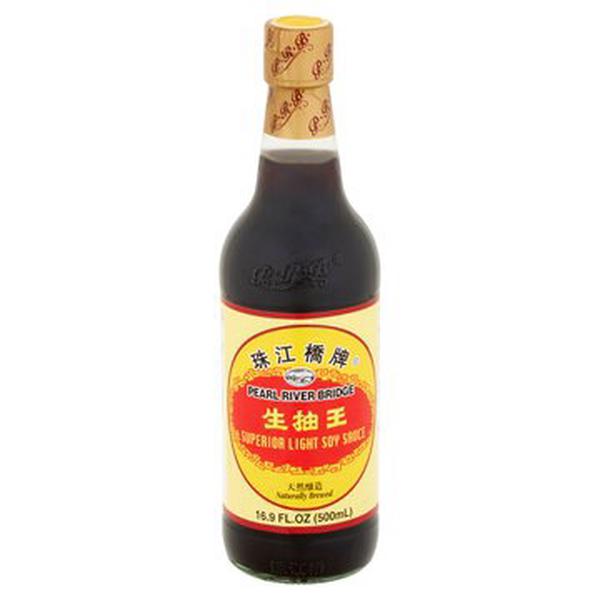
A staple in many Chinese recipes. My Mom has been using this particular brand since forever, and this is the brand I use most of the time.
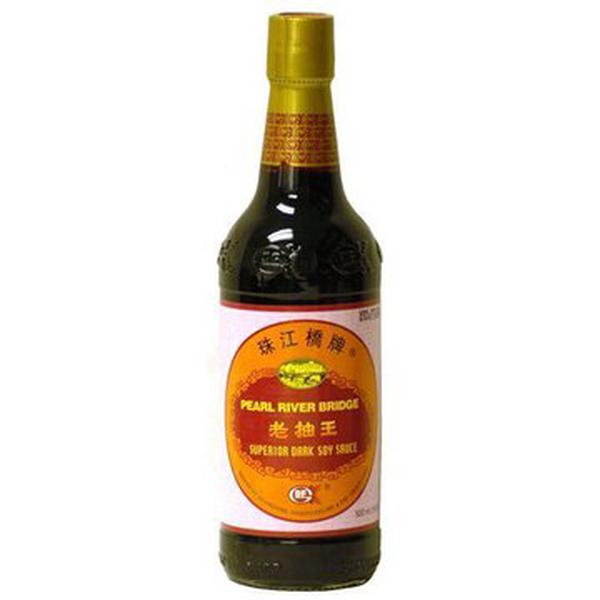
Dark soy sauce will give a signature dark color to many Chinese dishes and should not be confused with light/regular soy sauce.
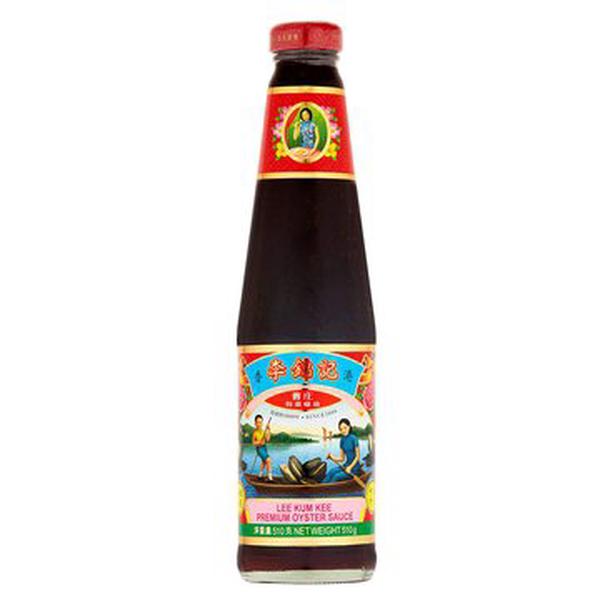
Oyster sauce is another key ingredient in many Chinese dishes. A Chinese pantry is not complete without a bottle of good quality oyster sauce.
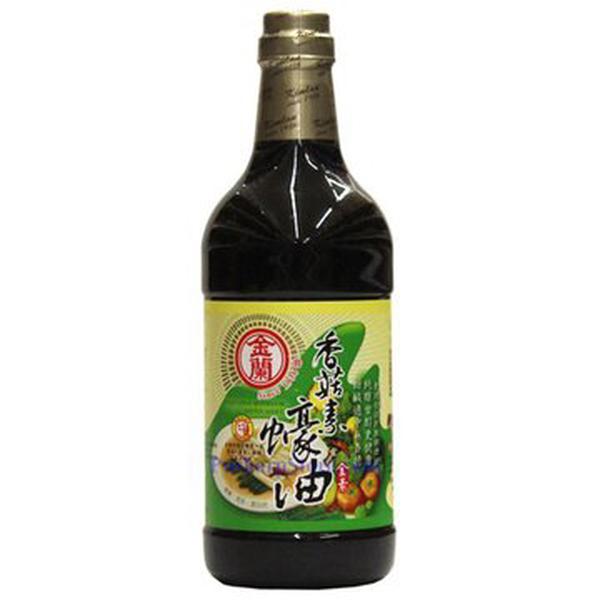
Use mushroom sauce, which is the vegetarian version of oyster sauce, when you need to prepare vegetarian/vegan-friendly dishes.
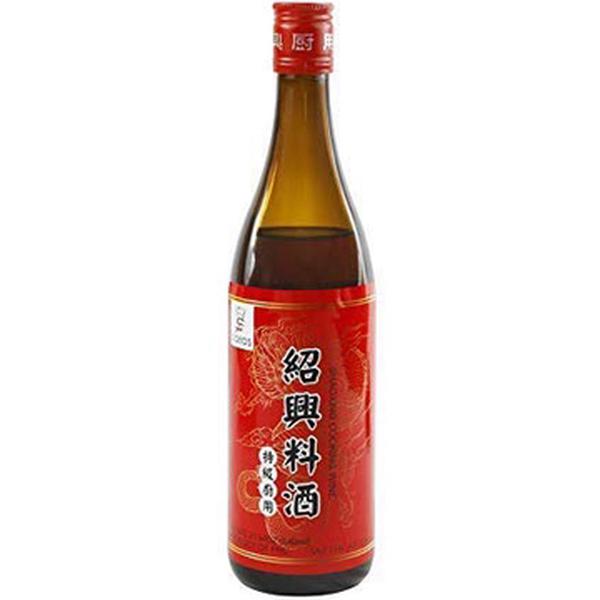
The cooking version of Shaoxing wine has salt. I highly suggest getting a bottle of drinking/regular Shaoxing wine that has no salt if your Asian market sells it.
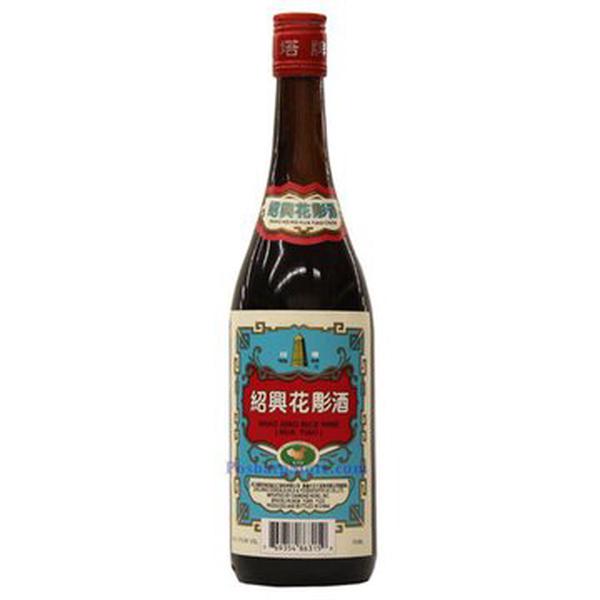
This Pagoda brand Hua Diao Shaoxing has no salt and is the one I use whenever a recipe calls for Shaoxing wine. Try finding it in your local Asian market for under $10 per bottle.
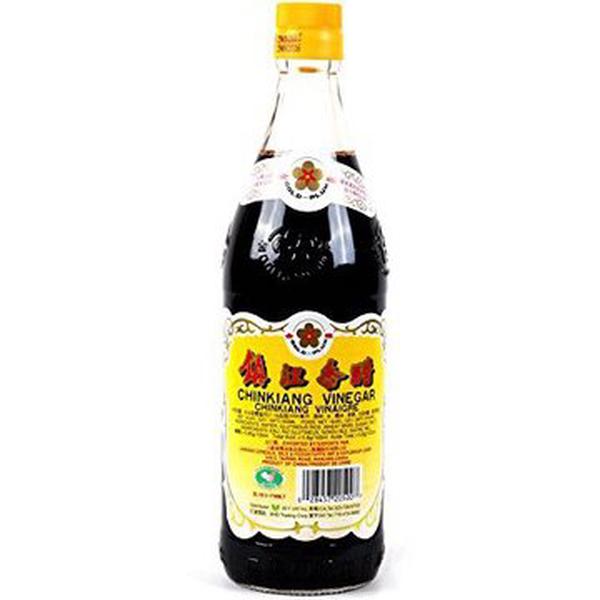
From dipping sauce for Chinese dumplings to hot and sour soup, you will need this black vinegar from Chinkiang/Zhenjiang.
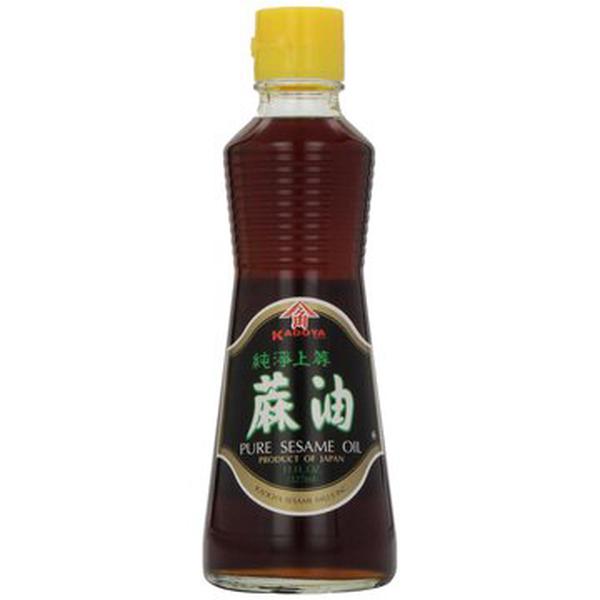
Kadoya sesame oil is slightly pricier compared to other brands of sesame oil, but after trying so many different ones, this is still my favorite sesame oil.
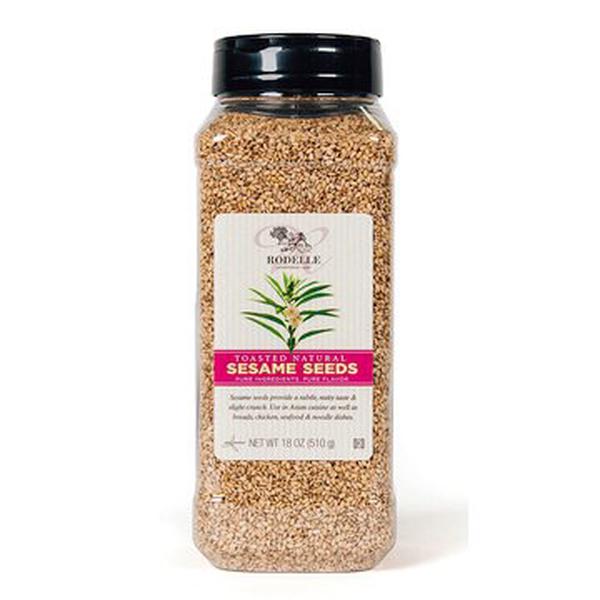
From mochi to salad dressing, we go through a lot of toasted white sesame seeds in my home. It makes more sense to buy a big packet like this one.
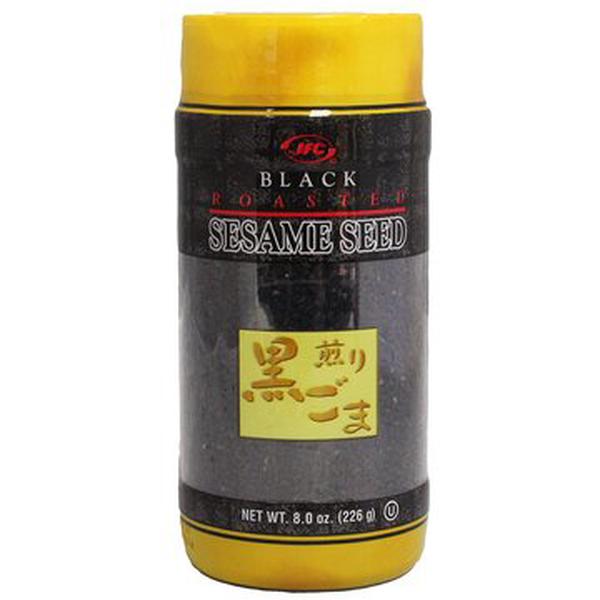
I prefer using black sesame seeds for sweet treats, such as cookies, bread, or sweet dessert soup. I think they are better than white sesame seeds for that purpose.
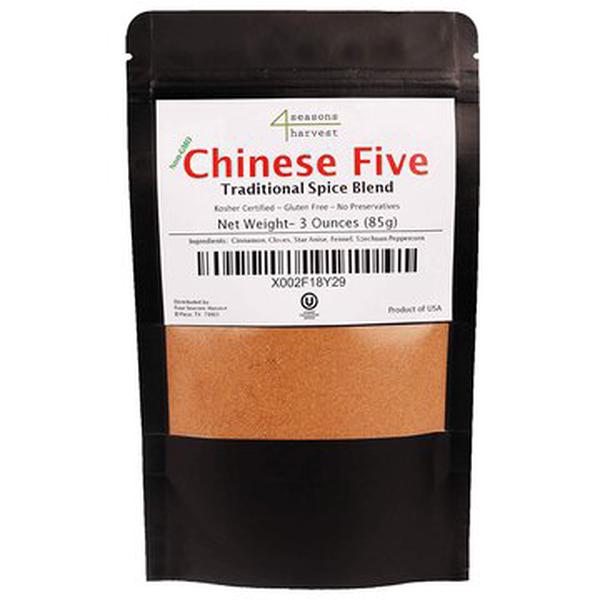
You can't make proper char siu or roast pork without it. You can make your own with 1 tsp each fennel seeds, Sichuan peppercorns, cloves, 1 inch cinnamon, and 1 star anise.
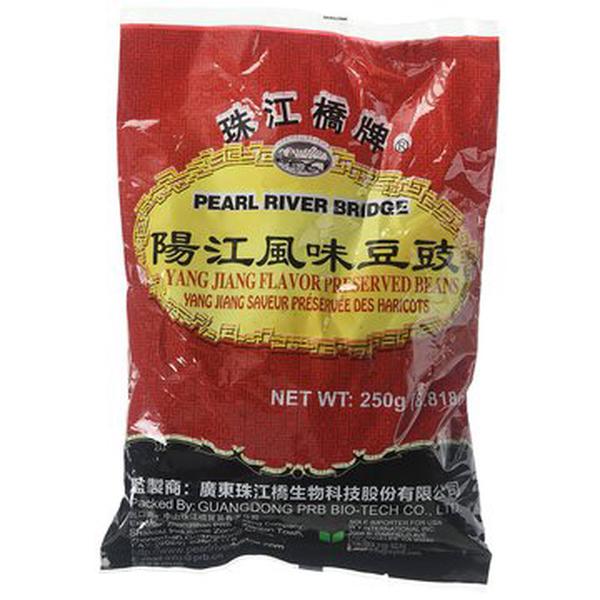
These tasty fermented black beans are the key ingredient in any Chinese black bean sauce dishes such as this chicken and black bean stir fry and steamed spare ribs.
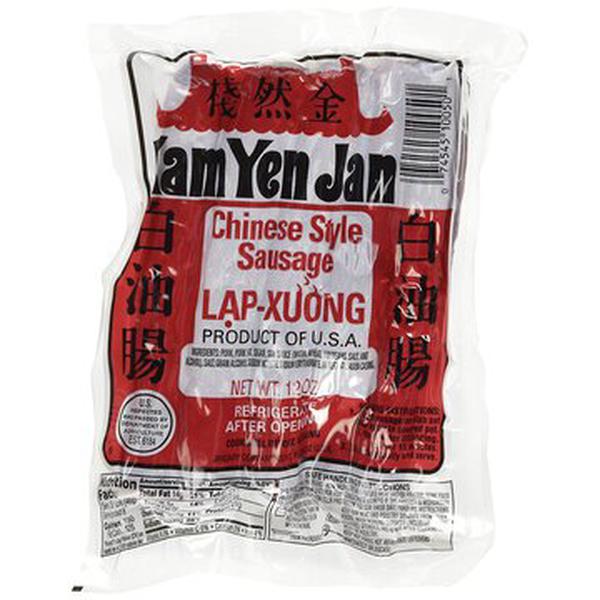
A little goes a long way when using Chinese sausage. It is a must in clay pot chicken rice and no mi fan (savory sticky rice).
Japanese Pantry
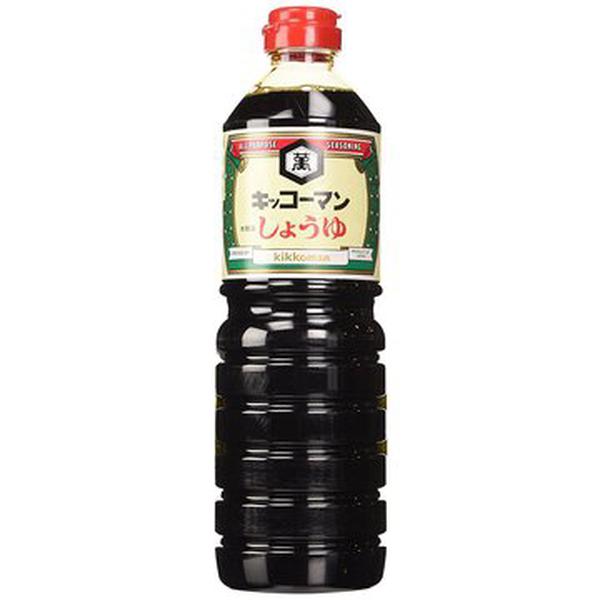
This soy sauce from Japan is more expensive compared to the US version, but trust me, it tastes so much better and has lower sodium compared to the US version.
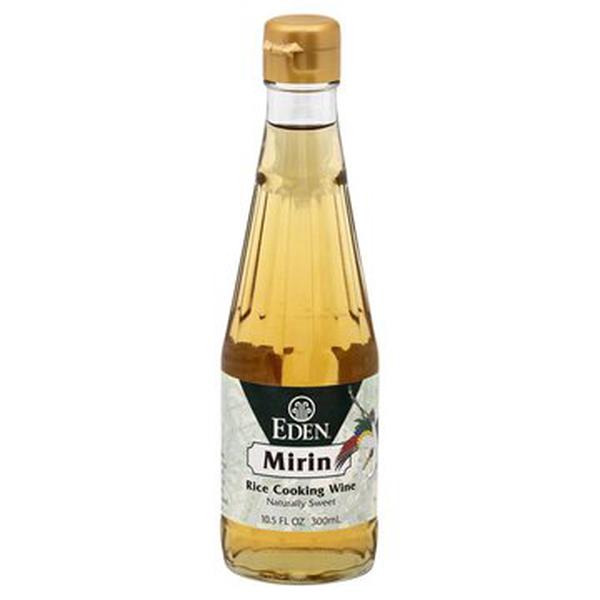
Mirin is an essential ingredient in many Japanese recipes. I love Eden compared to Kikkoman since it's free of artificial sweetener.
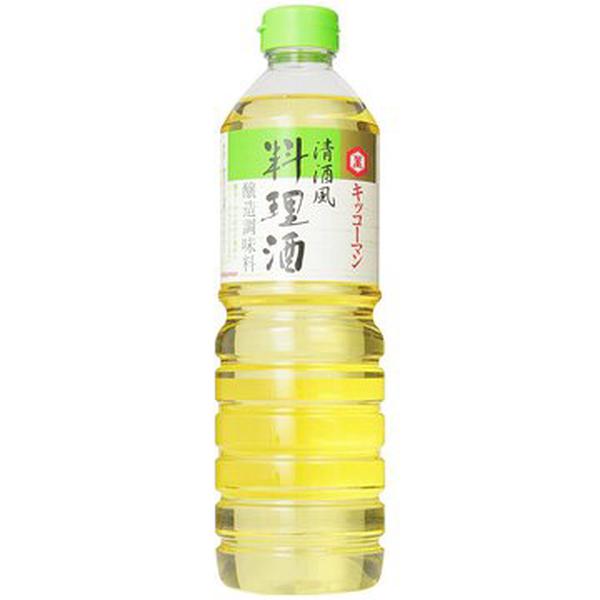
Unlike regular/drinking sake, cooking sake contains salt. This is the next best thing when you can't find regular/drinking sake to prepare Japanese dishes.
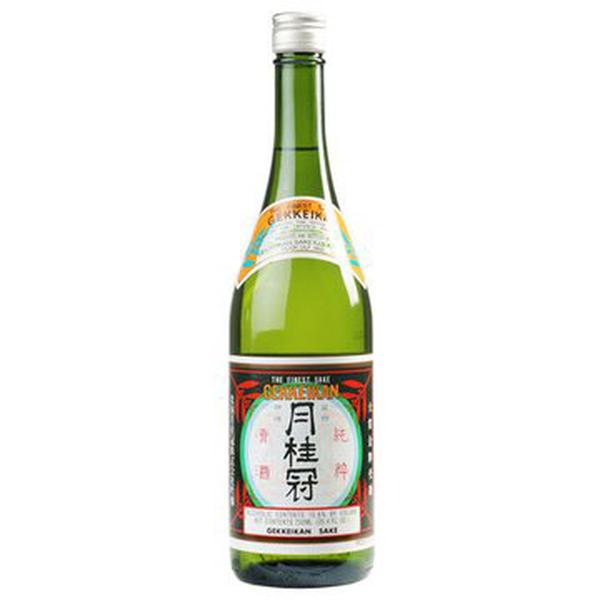
A cheap sake like this one from Gekkeikan will make your dishes taste better compared to using a cooking sake. Your Asian market should have it for under $10 per bottle.
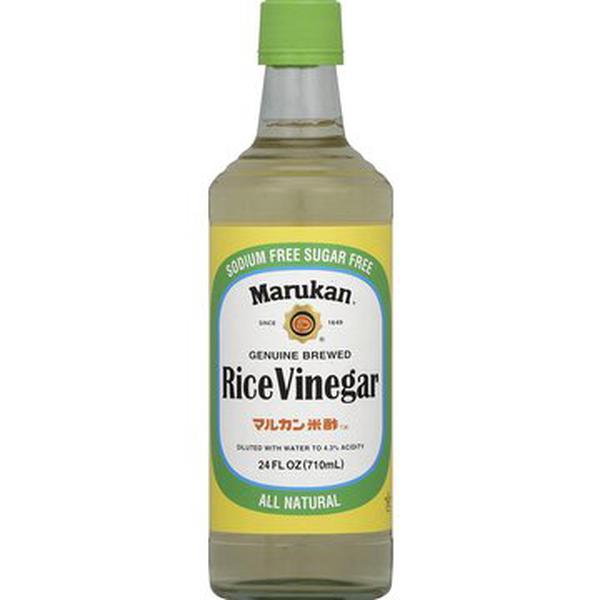
Always get the unseasoned version of rice vinegar since it is more versatile to use in recipes. Rice vinegar is essential in sushi, pickle, and salad dressing.
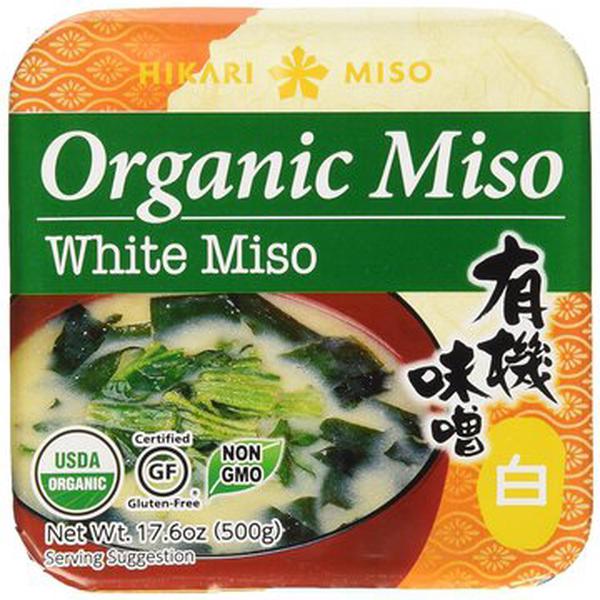
White miso paste, or shiro miso, has the sweetest and lightest flavor compared to other varieties of miso. I use this mainly for miso soup and salad dressing.
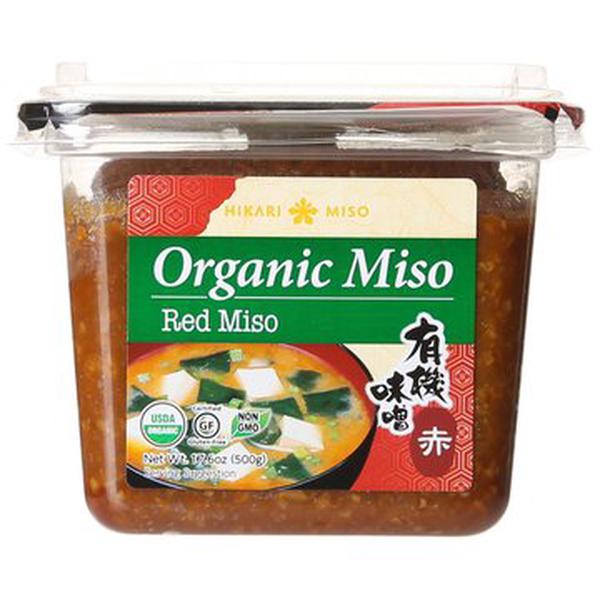
Red miso, or aka miso, has a darker color and a stronger taste compared to white miso. I love using red miso in grilled dishes, but you can use it for miso soup too.
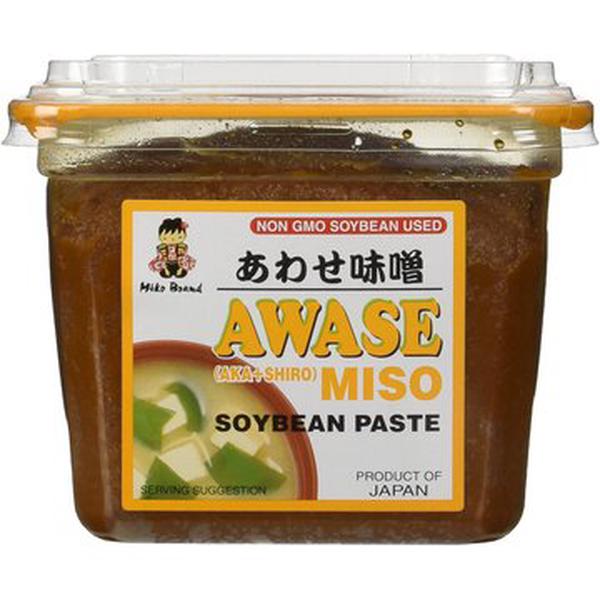
Awase miso is a combination of white and red miso paste. If you want to stock only one type of miso, I highly suggest getting awase miso since it can stand in for both white and red miso.
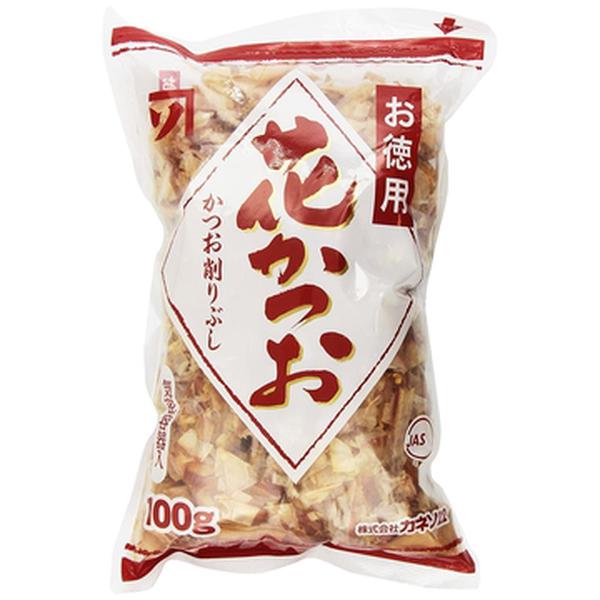
This is a key item in preparing dashi (Japanese stock). These tasty bonito flakes are the perfect topping for okonomiyaki, takoyaki, and Japanese salad.
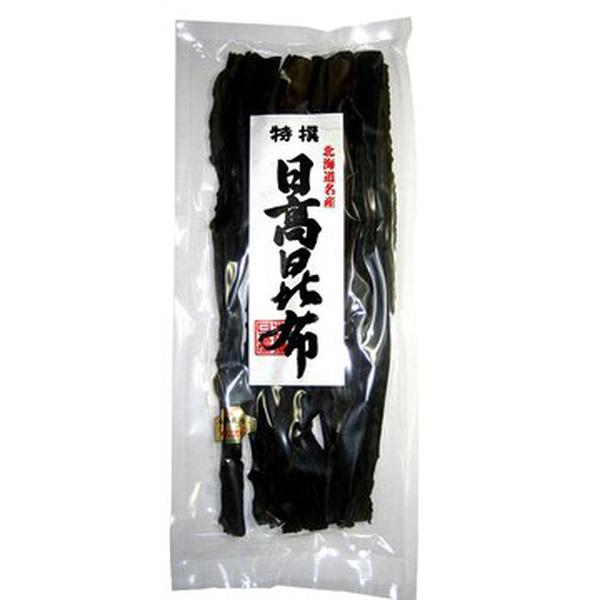
Another key ingredient when preparing authentic dashi (Japanese stock). This dried kelp is the ingredient that gives a satisfying umami flavor to dashi (Japanese stock).
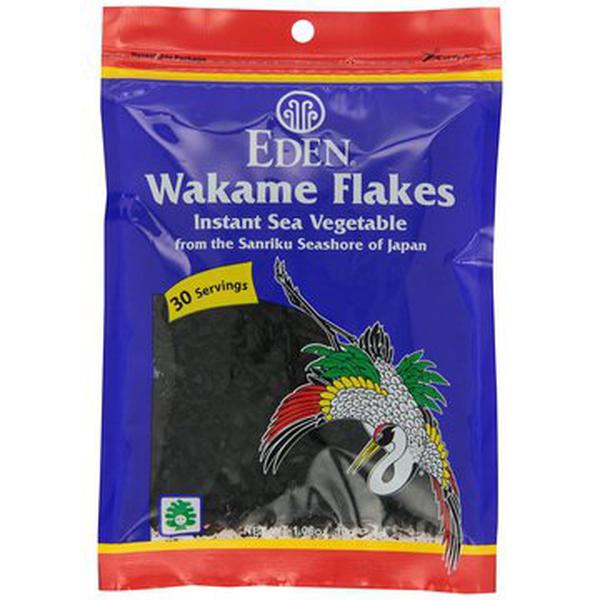
I love adding wakame to miso soup or Japanese salad. I can serve my family with nutrient-rich vegetables just by making sure I always have some wakame in my pantry.
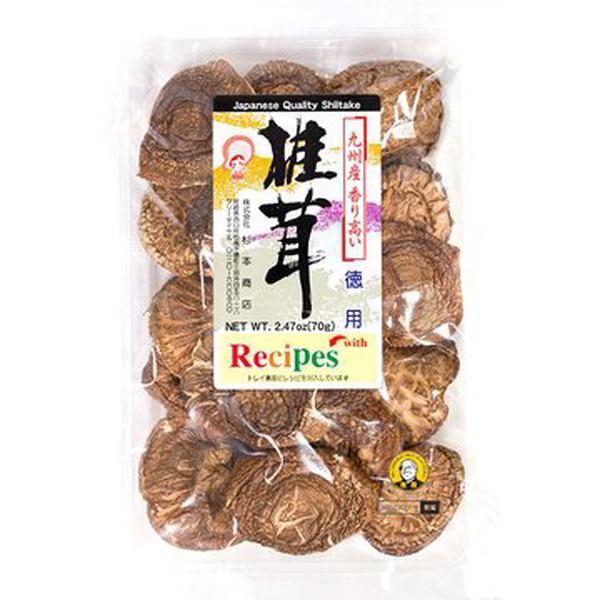
Essential for making vegetarian dashi stock, simmered mushrooms for sushi or noodle toppings, and so much more. Dried shiitakes are common in Chinese recipes too.
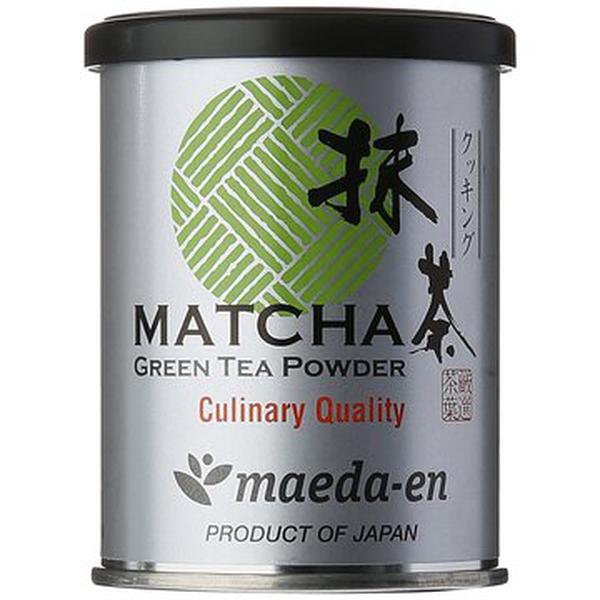
If the main reason you are getting matcha is to create matcha treats such as chiffon cake, ice cream, or pound cake, then a great quality culinary grade matcha is all you need.
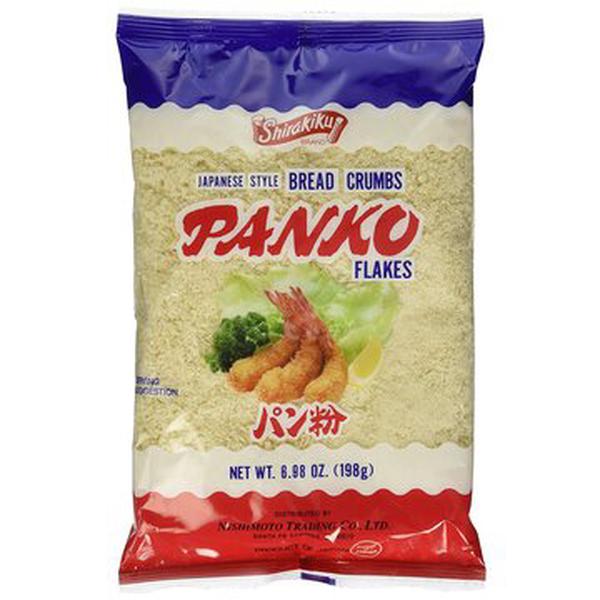
My family loves it whenever I prepare tonkatsu, tori katsu, or korokke. For best results, always use panko (Japanese bread crumbs) when making these.
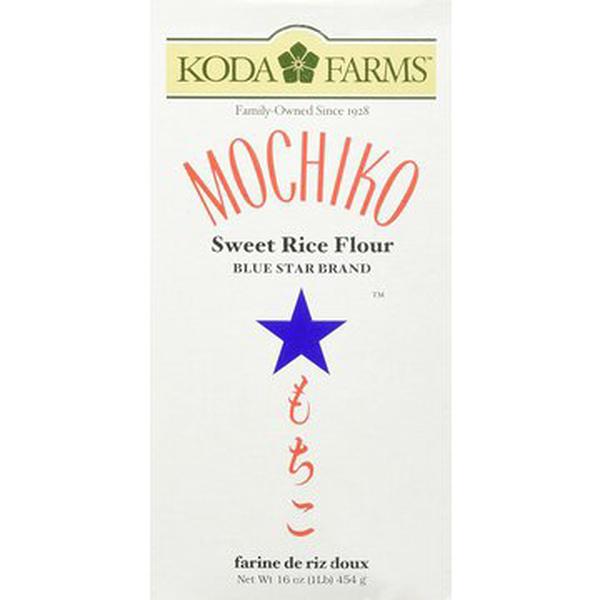
Mochiko is the main ingredient for Japanese mochi (daifuku) and Hawaiian butter mochi cake. I even use mochiko to fry chicken.
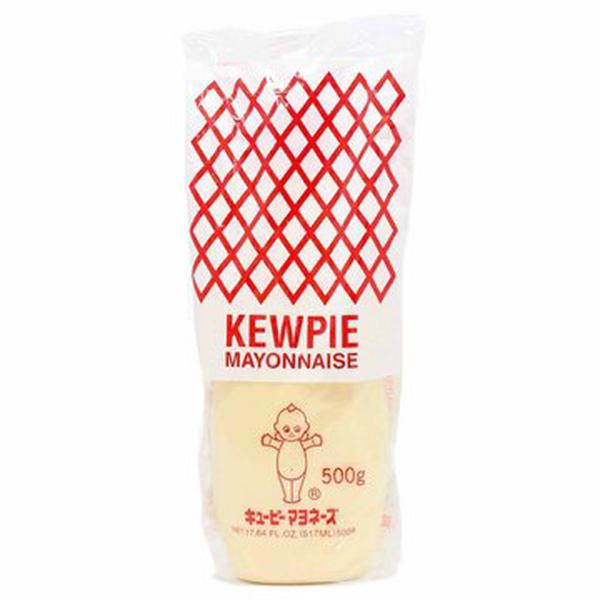
Every time a Japanese recipe calls for mayonnaise, you should try using Kewpie mayonnaise for the most authentic experience since this is de facto mayonnaise in Japan.
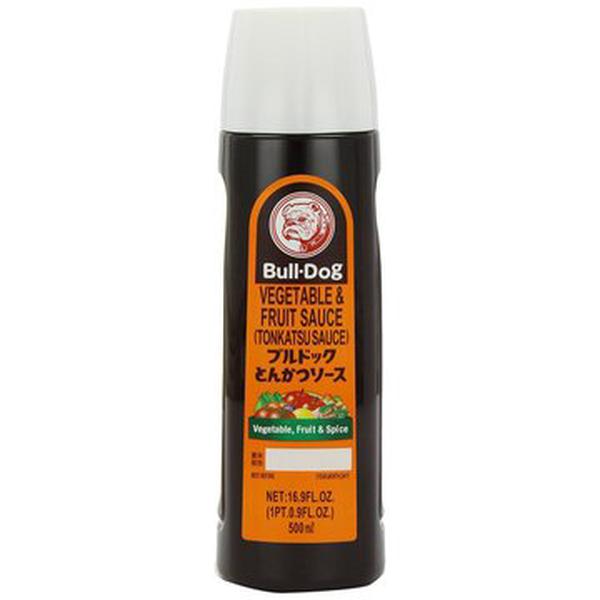
I often cook Japanese katsu at home, and we go through a bottle of this tonkatsu sauce in no time at all. You will need this sauce for your okonomiyaki and takoyaki too.
Asian Pantry
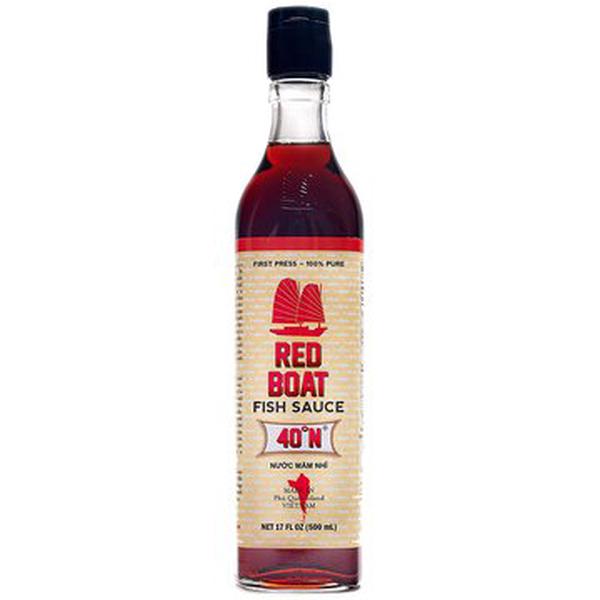
I know it's pricey, but Red Boat is the best fish sauce in the market. Get the 64 oz bottle if you use it all the time.
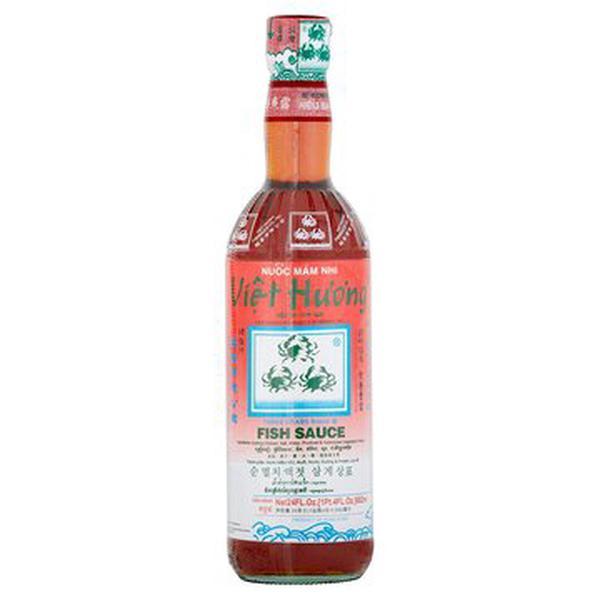
Another great brand for fish sauce. Three Crabs is my second favorite brand for fish sauce, right after Red Boat, and it is also cheaper.
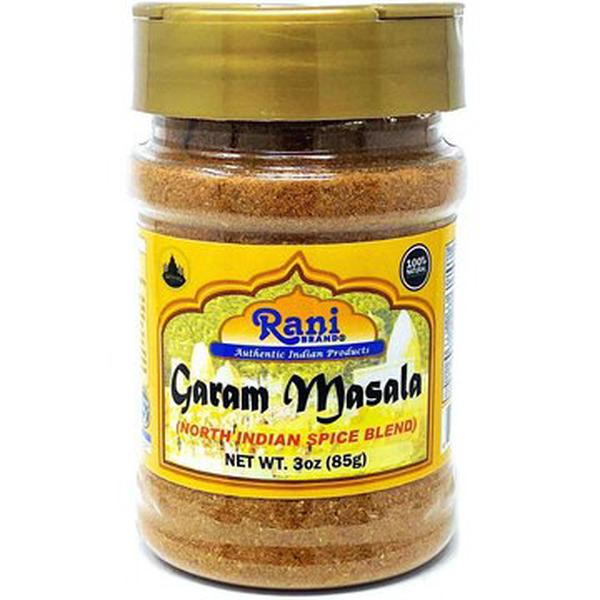
A good quality garam masala is a must when cooking Indian dishes. I also use it all the time to make Japanese curry roux.